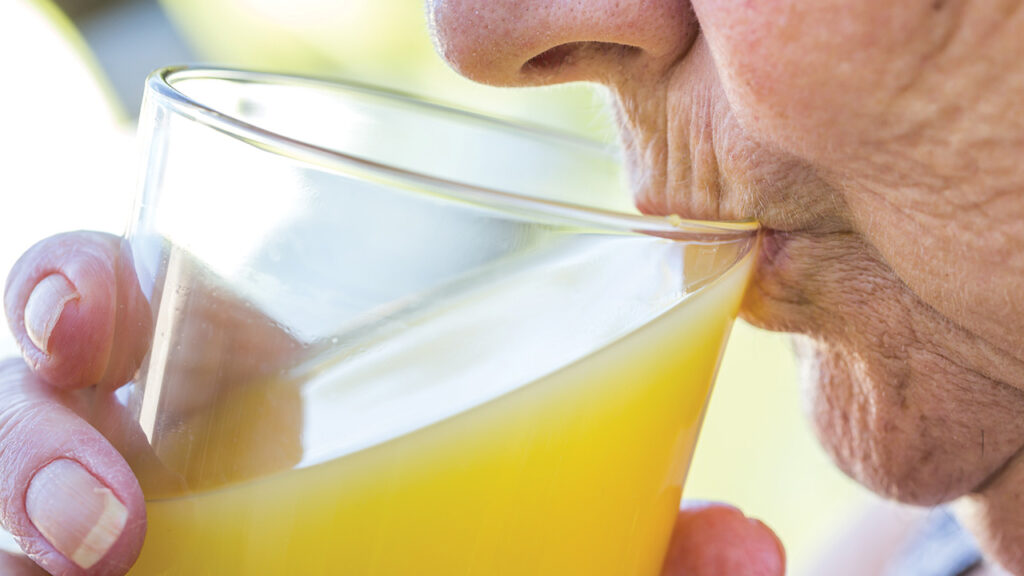When living with a diagnosis of dysphagia and especially when you experience a particularly difficult flare-up, the problems you have in chewing and swallowing can severely affect, in a negative way, your emotional health and wellbeing.
With that being said, continue reading for a guide to certain types of food and drink to avoid if you are living with dysphagia.
What Causes Dysphagia?
Dysphagia, which is literally defined as a difficulty in the transferring of food and drink from the mouth to the stomach, can be caused by a wide variety of different stimuli.
Such causes include, but are certainly not limited to:
- Parkinson’s disease
- Dry mouth (medical name: xerostomia)
- Stroke
- Diffuse Spasm
- MS (multiple sclerosis)
- Cleft Lip
- Radiation
Who Can Develop Dysphagia?
As with a host of other medical conditions, virtually anyone of any age and medical background could, at some point in their lives, develop dysphagia.
However, with that being said, there are a few groups of people who are thought to be at considerably more risk of developing the condition than others. Older people are more at risk, mainly due to the wear and tear on the mouth and body over time, and should take extra care while eating.
The Symptoms Of Dysphagia
Contrary to popular belief, there are a host of symptoms related to dysphagia that are not confined securely to a problem with swallowing.
Other symptoms of dysphagia include drooling, an unexplained loss in weight, heartburn that will not subside, regurgitation, choking when eating, and even pneumonia when it occurs more than once in the same year.
Drinking With Dysphagia
The best way to safely drink a wide variety of different drinks when living with problems swallowing is to ensure the liquid itself is as thin as possible, avoiding fruit juices with real slices of fruit in, for example. In addition, it would also be prudent to invest in some SimplyThick EasyMix packets, which will make the drink and pureed food that you do consume considerably easier to process and swallow.
Foods To Avoid When Suffering From Dysphagia
There are more than a few common and easily obtainable types of food that pose a real and possibly even life-threatening risk to people who are living with dysphagia. Such foods include foodstuffs that are high in levels of fiber, such as vegetables such as broccoli, celery and leeks, pineapple, banana, melted cheese and string beans, and anything that has to be chewed.
One must also try and avoid, as much as possible, foods that have a variety of different consistencies within them, as a variance in the consistency and textures of a meal make it even harder for a person living with dysphagia to get through. Such food includes curries, soups, pies, and any kind of stew or casserole.
Other foods you should endeavor to avoid are those with extra shells or dry outer husks, such as multi-grain bread, barley and wheat, corn on the cob, and granary loaves. You might be advised to start a pureed food or soft food diet by your doctor to prevent choking and aspiration issues.


